Secretariat
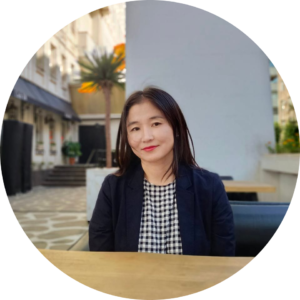
Director Munkhtuul Chuluunbaatar (Ph.D)
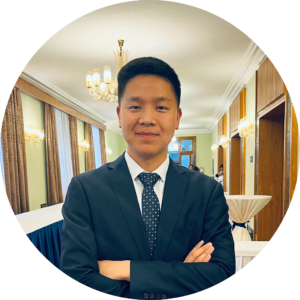
Academic Secretary Munkhtamir Damdinsuren
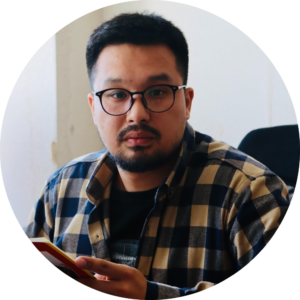
Program Implementation Unit Coordinator Zulbaatar Gangaa
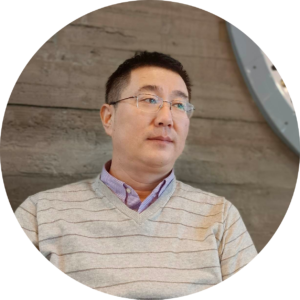
Academic Researcher Gerelt Honichud (Ph.D)
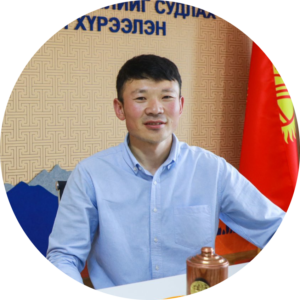
Academic Researcher and Librarian Mijid Sainbuyan
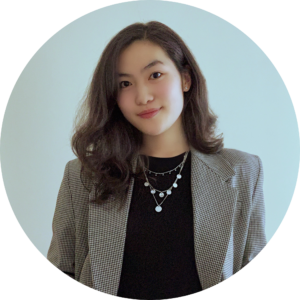
Program Implementation Unit Officer Darkhijav Batbayar
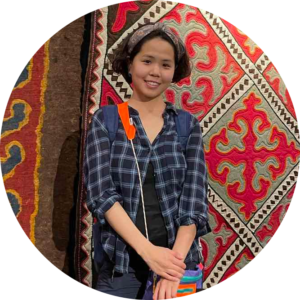
External Relations and Cooperation Unit Coordinator Tugsbuyan Bayarbat
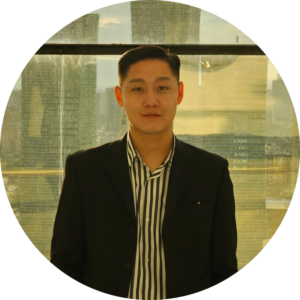
External Relations and Cooperation Unit Officer Munkhochir Surenjav
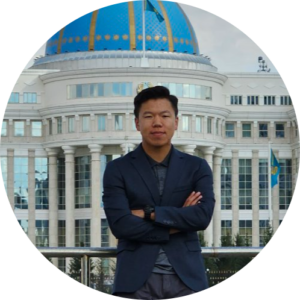
Knowledge Hub Coordinator Bumbayar Bavuudorj
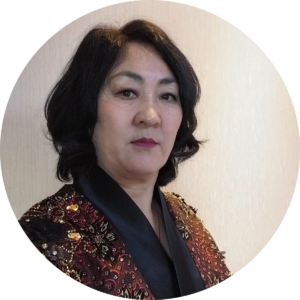
Accountant Doljinsuren Jumdaan
Structure of the IISNC:
General Assembly
The General Assembly consists of delegates of the Member States of IISNC: Indonesia, Kazakhstan, Kyrgyzstan, Mongolia, and Turkey. The representatives are chosen amongst leading scientists, researchers and experts in relevant disciplines.
The functions of the General Assembly are:
-Deciding on the general policy of the Institute;
-Electing the Members of the Academic Council;
-Appointing the Director of the Institute;
-Considering the reports on the activities of the Institute;
-Supervising its financial operation, examining and approving its program and budget;
Fixing all Members’ contributions and deciding on the appropriate measures about the Member States which may be in arrears with payment of their contributions.
The General Assembly meets in regular session every four years in Ulaanbaatar and, if needed, in Paris on the occasion of the General Conference of UNESCO or elsewhere at the invitation of a Member State. It may also be convened in extraordinary sessions by the Academic Council.
Academic Council
The Academic Council consists of five to ten scholars elected by the General Assembly for four years from amongst candidates nominated by the Member States.
The functions of the Academic Council include:
-Carrying out the decisions and directives of the General Assembly;
-Exercising such other functions as may be assigned to it by the Assembly;
-Acting under the authority of the Assembly and executing programs adopted by the Assembly;
-Evaluating ongoing activities, giving recommendations for future research directions;
-Establishing draft programs and budget;
-Examining and approving the program of the Council’s activities and proposing candidates for the post of Director of the Institute to the General Assembly.
The following Academic Council meetings have been held successfully by the IISNC with the assistance of Member States since 1998:
1998 | The first meeting of the Academic Council Ulaanbaatar, Mongolia |
1999 | The Ulaanbaatar, Mongolia |
2001 | The third meeting of Ankara, Turkey |
2003 | The Almaty, Kazakhstan |
2008 | The fifth meeting of Issyk-Kul, Kyrgyzstan |
2011 | The Ulaanbaatar, |
2016 | The seventh meeting of Ulaanbaatar, Mongolia |
2021 | The Paris, France |
Secretariat
The Secretariat is located in Ulaanbaatar and carries out the day-to-day work of the Institute, as mandated by the General Assembly of IISNC. It has a Director, appointed by the General Assembly on the proposal of the Academic Council, and staff members working in three organizational units:
1) Program Implementation Unit
The Program Implementation Unit is tasked with planning and carrying out research projects with domestic and international funding in the framework of four programs, namely Nomads and Sustainable Development, Nomads and Social Transformation, Intercultural Dialogue in the Modern World, and Nomadic Cultural Values and Heritages.
2) External Relations and Cooperation Unit
The External Relations and Cooperation Unit is responsible for expanding the membership of the Institute, building and facilitating collaborative relationships, concluding cooperation agreements with national, regional and international organizations, and seeking funding for research projects.
3) Knowledge Hub and Library
The Knowledge Hub and Library is a unit that aims to consolidate and disseminate knowledge and information on nomadic cultures and civilizations to researchers and the public. It publishes an annual journal, Nomadic Studies, maintains a physical collection of over 12,000 publications and circulates electronic texts through the Institute’s website.
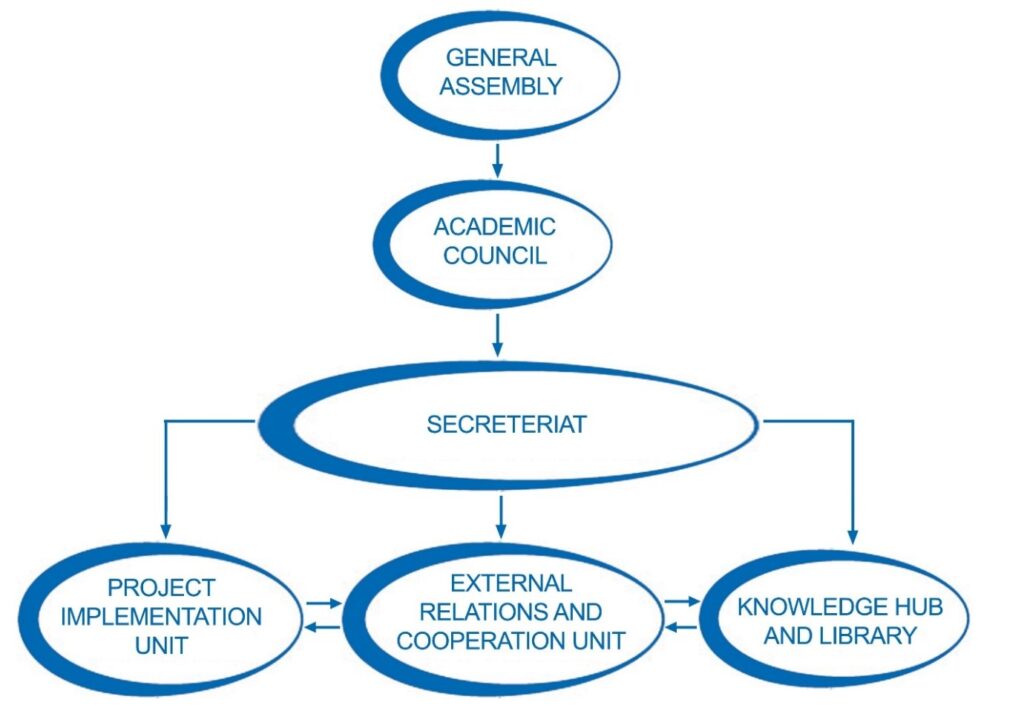
Contract researchers:
- Dr. Urtnasan Norov (Head of the Cultural Heritage Protection Foundation)
- Dr. Dulam Sendenjav (Honorary Professor, University of Arts and Culture)
- Dr. Lkhagvademchig Jadamba (Academic Secretary, Institute for Mongolian Studies, National University of Mongolia)
- Dr. Tsetsentsolmon Baatarnaran (Senior lecturer, National University of Mongolia)
- Dr. Nandinbilig Ganbaatar (Professor, National University of Mongolia)
- Dr. Soninhishig (President of Mongolian Dietetic Association)
- Byambadorj Sandagdorj (Senior lecturer, National University of Mongolia)
- Munkh-erdene Gantulga (Senior lecturer, National University of Mongolia)
- Baigal Tsog Khuasai (PhD candidate, National University of Mongolia)
- Bayartogtokh Tserennadmid (PhD candidate, National University of Mongolia)
- Pagmadulam Mendmaa (PhD candidate, National University of Mongolia)
- Dorjpagma (MA in anthropology, Eötvös Loránd University)
- Tsetsegbaatar Chuluunbaatar (MA in anthropology, University of Florence)
Visiting Scholars
1. Dr. Maria Fernandez- Gimenez (Professor, Forest and Rangeland Stewardship, Colorado State University, USA)
2. Dr. Gregory Delaplace (professor at the École Pratique des Hautes Études, France)
3. Dr. Erjen C. Khamaganova (Independent Consultant, Russia)
4. Dr. Eric Thrift (Adjunct Professor, University of Winnipeg, Canada)
5. Dr. Sabrina Tosi Cambini (Senior lecturer, University of Parma, Italy)
6. Dr. Nadia Breda (Professor, Cultural Anthropology, University of Florence)
7. Dr. Björn Reichhardt (Research Assistant, Max-Planck-Institute for the Science of Human History)
8. Dr. Isabelle Charleux (Professor, French National Centre for Scientific Research)
